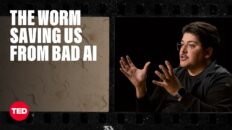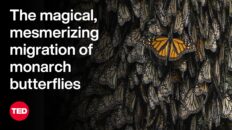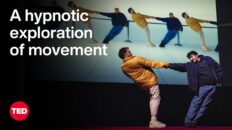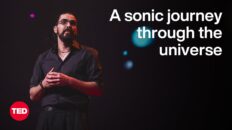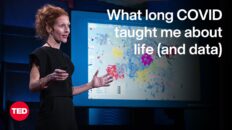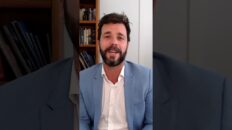The James Webb Space Telescope is a miracle of modern science and engineering. With a 21-foot, gold-coated mirror protected by a sunshield that’s the size of a tennis court, it’s the world’s most powerful telescope and humanity’s latest attempt to answer questions like: “Where did we come from?” and “Are we alone?” (It also needed to be folded up like origami in order to launch into space.) Nobel Laureate John C. Mather, the leader of the team at NASA that built the Webb, explains how the telescope will observe the first galaxies to form in the early universe, peer behind clouds of cosmic dust and gas to reveal stars being born and uncover new details about places like Europa and Titan, which could harbor life. “We’re going to get a great surprise from this telescope,” Mather says.
If you love watching TED Talks like this one, become a TED Member to support our mission of spreading ideas: http://ted.com/membership
Follow TED!
Twitter: http://twitter.com/TEDTalks
Instagram: https://www.instagram.com/ted
Facebook: http://facebook.com/TED
LinkedIn: https://www.linkedin.com/company/ted-conferences
TikTok: https://www.tiktok.com/@tedtoks
The TED Talks channel features talks, performances and original series from the world’s leading thinkers and doers. Subscribe to our channel for videos on Technology, Entertainment and Design — plus science, business, global issues, the arts and more. Visit http://TED.com to get our entire library of TED Talks, transcripts, translations, personalized talk recommendations and more.
Watch more: go.ted.com/johncmather
TED’s videos may be used for non-commercial purposes under a Creative Commons License, Attribution–Non Commercial–No Derivatives (or the CC BY – NC – ND 4.0 International) and in accordance with our TED Talks Usage Policy (https://www.ted.com/about/our-organization/our-policies-terms/ted-talks-usage-policy). For more information on using TED for commercial purposes (e.g. employee learning, in a film or online course), please submit a Media Request at https://media-requests.ted.com


